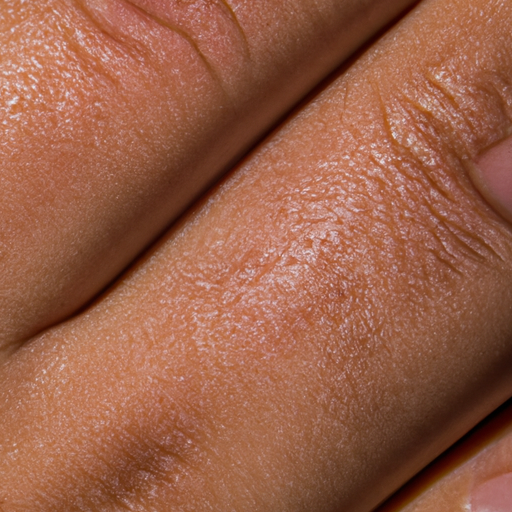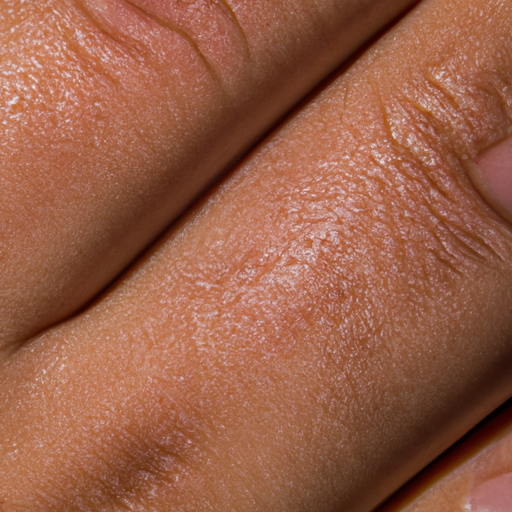As a doctor, I understand the importance of maintaining healthy skin. It is not just about looking good, but also about overall health and wellness. One of the most effective ways to maintain healthy skin is through regular exfoliation. This process removes dead skin cells, unclogs pores, and rejuvenates the skin, revealing a radiant, youthful glow. This article aims to guide you on how to master the art of skin exfoliation.
Firstly, it is essential to understand what skin exfoliation is. Our skin naturally sheds dead skin cells every 30 days or so. However, sometimes these cells don’t shed completely, resulting in dry, flaky patches and clogged pores. Exfoliation is the process of manually removing these dead skin cells with chemical peels, scrubs, or tools.
There are two types of exfoliation: physical and chemical. Physical exfoliation involves using a scrub, brush, or sponge to physically remove dead skin cells. Chemical exfoliation uses chemicals like alpha and beta hydroxy acids to dissolve the bonds between the cells. Both methods have their benefits and drawbacks. Physical exfoliation can be more abrasive but provides immediate results, while chemical exfoliation is gentler but may take longer to show results.
The key to mastering skin exfoliation lies in understanding your skin type. For sensitive skin, a gentle chemical exfoliator like lactic acid would be ideal. For oily or acne-prone skin, salicylic acid, which can penetrate oil and unclog pores, would be more suitable. Dry skin can benefit from glycolic acid, which helps to hydrate and remove dead cells.
The frequency of exfoliation depends on your skin type and the method of exfoliation. Generally, it is safe to exfoliate 2-3 times a week for normal and combination skin, and 1-2 times a week for sensitive skin. Over-exfoliation can lead to redness, irritation, and even breakouts, so it’s crucial to find a balance that works for your skin.
Post-exfoliation care is equally important. Always moisturize your skin after exfoliating to replenish any lost moisture and protect your new skin cells. Also, since exfoliation can make your skin more susceptible to sun damage, always apply sunscreen during the day.
Incorporating exfoliation into your skincare routine can significantly improve the health and appearance of your skin. It can help reduce the appearance of fine lines and wrinkles, even out skin tone, and increase the effectiveness of other skincare products by allowing them to penetrate deeper into the skin.
However, it’s important to remember that while exfoliation can provide numerous benefits, it is not a cure-all solution for every skin issue. If you have severe acne, rosacea, or other skin conditions, it’s best to consult with a dermatologist before starting an exfoliation routine.
In conclusion, mastering skin exfoliation involves understanding your skin type, choosing the right exfoliation method, and following a consistent routine. With proper care and patience, you can unveil the radiance of your skin and enjoy a healthier, more youthful complexion.




